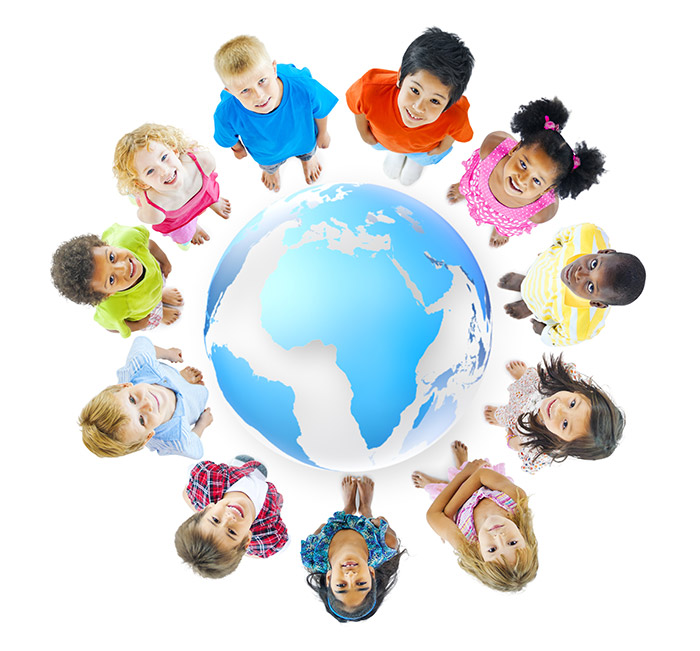*The information in the following section was originally developed by a team that created a website for families focused on “raising deaf kids” (See About Us). Minor edits or updates may have been made.
What you can expect:
Children develop at different times. There are many books that say how your child should develop, but each child will grow in his own way.
Children grow in different ways
Children get taller and gain weight as they get older. This kind of growth is physical.
Find out about children's physical growth (http://www.kidshealth.org/parent/growth/growth/growth_6_12.html).
 But children also grow in ways that you can't see. Their minds grow as they learn. They learn how to share toys and get along with friends. They learn about their feelings and the feelings of other people. They learn about their community, about rules and behavior, and about how the world works. This kind of growth is emotional.
But children also grow in ways that you can't see. Their minds grow as they learn. They learn how to share toys and get along with friends. They learn about their feelings and the feelings of other people. They learn about their community, about rules and behavior, and about how the world works. This kind of growth is emotional.
Learning about feelings
It is important for children to learn about different feelings. Think how confusing it would be to feel very angry or sad without even knowing the words for 'angry' and 'sad'!
Children who are DHH sometimes have a harder time learning about feelings. Even basic feelings like sad, mad, happy, tired, and silly can be hard for children who are DHH to learn about. You should teach your child about feelings – don't just assume that he knows about them already!
You can help your child learn about feelings. Here are some things you can do:
Help your child feel good about himself
Self-esteem means feeling good about yourself. Children need to feel good about themselves to be happy and get along with other people. Children with good self-esteem are more ready to face new challenges, too. Some children feel good enough that they can imagine that they will be a basketball star, famous singer, or President.
Children who are DHH sometimes feel sad or mad about being DHH. As they get older, they start noticing the ways they are different from other children. This is true for all kids. One child might feel bad that his clothes are different. Another child might be upset that she's not as good as her friends at sports. In the same way, a child who is DHH might feel sad that he can't hear as much as his brothers and sisters or his friends. He might get frustrated when other people are talking fast and he can't join in. Children who are DHH might also feel bad about differences that other children can see, like their cochlear implants or their hearing aids.
Help your child feel better by pointing out all the things that he can do well. If your child is good at art, sports, math, or dancing, tell him! If your child is a good big brother or a good helper in the kitchen, thank him for his help. Put some of his drawings or spelling tests on the refrigerator. Be sure to tell your child you notice the things he's good at!
Learn more about how your child grows